The United Arab Emirates (UAE) offers a range of visa and residency options for foreign nationals. With a stable economy, high standard of living and favourable business environment, the country attracts tourists, investors, professionals and entrepreneurs from all walks of life.
The UAE's visa policy has undergone significant changes over the past 3 years, expanding opportunities for long-term residency and citizenship. The available visa options allow foreigners to stay in the country under different terms and conditions, depending on the purpose of their stay.
1. All types of visas and citizenship in the UAE: a brief list
Depending on the purpose of stay, professional activities or investment opportunities, applicants can choose the most suitable type of visa. Some of them allow long-term residence in the country without any difficult conditions and offer a number of advantages equal to those enjoyed by nationals. These include the absence of income tax or the ability to receive medical treatment with great benefits.
The main types of UAE visas that can be found on any list are:
- Tourist Visa;
- Visitor Visa;
- Resident Visa - which includes all of the above;
- Work Visa;
- Student visa;
- Medical visa (for medical treatment);
- Retiree Visa
- Investor visa (including property buyer)
- Golden Visa';
- Green Visa (including freelance visa).
Obtaining UAE citizenship for Russians, Belarusians, Europeans and many others is not an easy task, as naturalisation in the Emirates takes 30 years. Therefore, many expats choose to stay on a resident, work or other convenient visa.
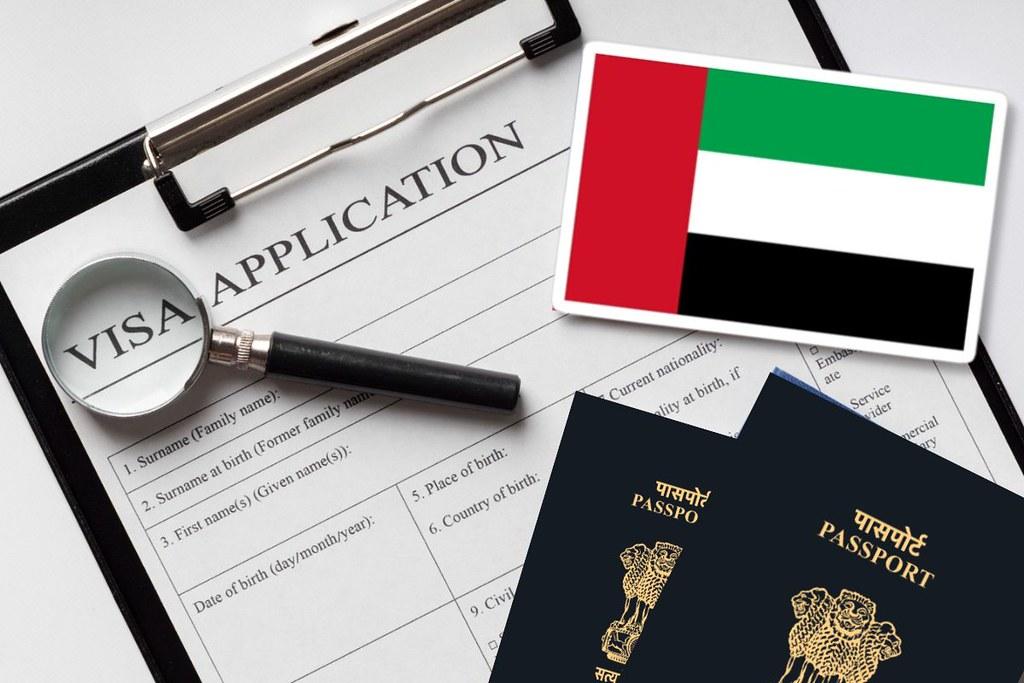
The main routes to UAE citizenship are:
- By descent;
- Citizenship for outstanding service to the country - rare, but becoming more common;
- By naturalisation - it is necessary to live in the country for at least 30 years;
- by marriage to an Emirati citizen, a woman can obtain citizenship in 7-10 years.
Each type of visa and method of obtaining citizenship has its own peculiarities, requirements and procedures, which depend on the legislation and migration policy of the country.
2. Tourist and visitor visas
The tourist visa is for a short stay in the country and is available to citizens of most countries. The UAE has agreements with some countries that allow their citizens to stay without a visa for 30, 60 or 90 days. For example, citizens of the Russian Federation and the Republic of Cyprus can stay in the Emirates for 90 days in a 180-day period.
Important note! If a Russian or Cypriot citizen needs to stay in the UAE for more than 90 days, it is worth applying for a long-stay visa in advance. This is usually a resident visa - there is no point in obtaining a tourist visa for Russians.
Depending on the nationality of the applicant and their needs, there are different options for obtaining a tourist visa:
- Single-entry visa - issued for 30 or 60 days with the possibility of extension for a similar period;
- Multiple-entry visas - can be issued for 30, 60 or 90 days and allow any number of entries during the period of validity.
- Visa on Arrival - available to citizens of a number of countries including the EU, USA, UK, Australia, Canada and others - is issued at the airport and is usually valid for 30 or 90 days.
It is possible to apply for a tourist visa through airlines, accredited travel agents and hotels. It is important to note that staying in the country beyond the expiry date of the visa will result in fines and possible restrictions on future entry.
The cost of a tourist visa depends on the type and length of validity. For example, a standard single entry visa for 30 days can cost from AED 220 (~US$60), while a multiple entry visa for 90 days costs around AED 1,000 (~US$270). Tourists can also extend their visa without leaving the country, but there is an additional fee for this service. Some airlines offer discounts on visas when tickets are purchased. It is important to check all requirements in advance, as they may change depending on legislation and the foreign policy situation.
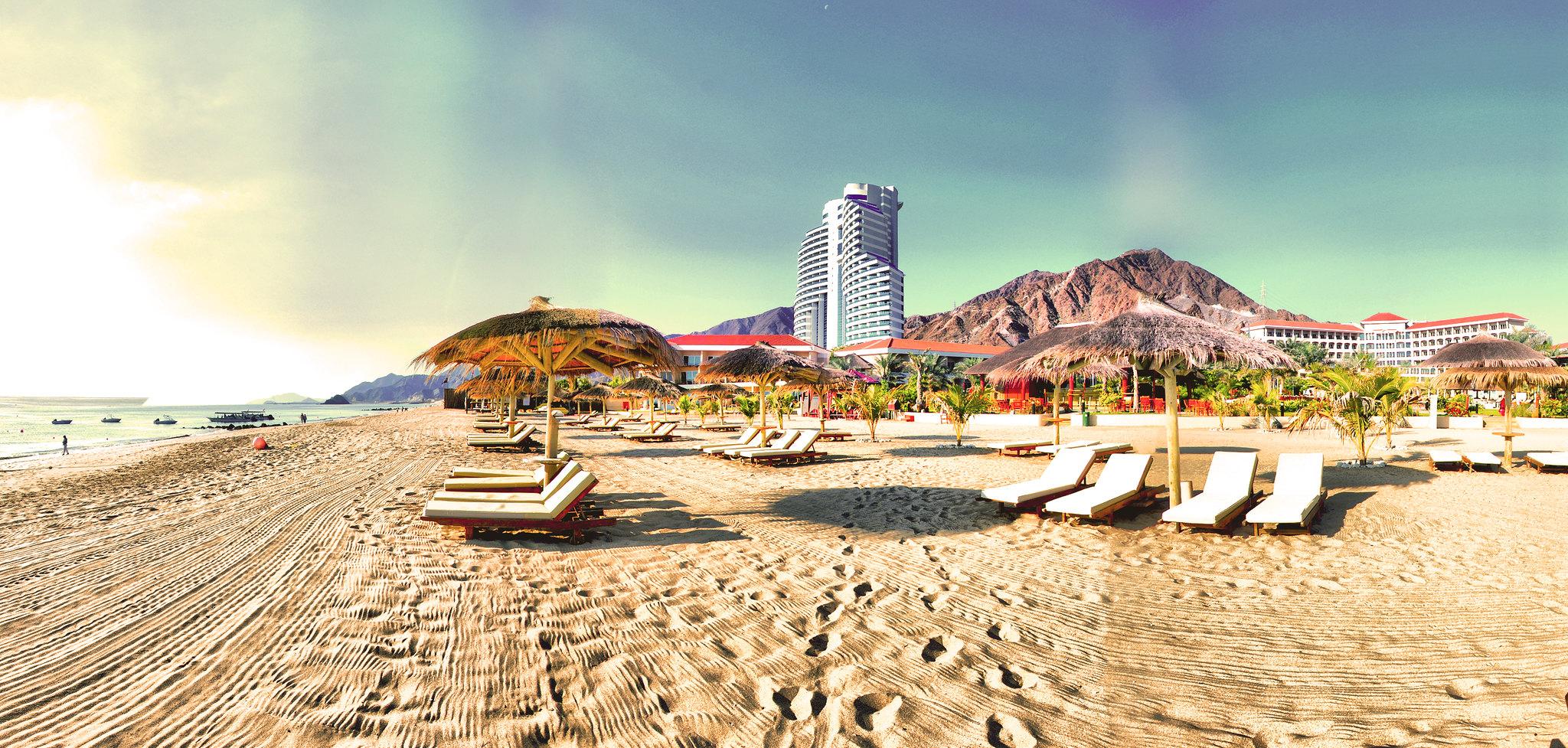
A visitor's visa is issued on the basis that the visitor has a host in the Emirates. This can be a citizen or resident visa holder, a legal entity or a licensed hotel that provides the foreign visitor with a place and means to stay. As a rule, Russians and Cypriots rarely use this type of visa, as the 90-day visa-free period is sufficient for them.
3. Resident Visa
A resident visa entitles you to stay in the UAE for an extended period of time and is issued for a period of 2 to 10 years with the possibility of renewal. In fact, all visas that entitle you to permanent residency are referred to by the generic word 'resident'. It should be noted that they have significant differences, rules and reasons for issuance.
The main categories of residency visas include
- Work visa - issued on the basis of an employment contract with a company in the UAE. The employer acts as the sponsor and is responsible for obtaining the visa, medical examination and issuance of the Emirates ID (Emirates Resident Card). In order to obtain a work visa, the employee must undergo a medical examination and provide evidence of their qualifications.
- Investment (Business) Visa - designed for business owners in the UAE. Requires a minimum investment, which varies by emirate and type of business. In some cases, foreign investors may be eligible for tax incentives and support from government programmes.
- Property Owners Visa - a special sub-visa of the Investment Visa. It is granted for the purchase of property worth AED 750,000 (~$204,000) or more and is issued for a period of 2 to 5 years, depending on the amount of investment. Holders of these visas can remain in the country without permanent employment and can engage in entrepreneurial activities.
- Retiree Visa - available to those over the age of 55 who have property, savings or a steady income that meets the requirements of the UAE government. Retirees on this visa can expect medical care and social benefits provided to expatriates.
- Freelancer Visa - suitable for professionals working in IT, media, design, marketing and other fields. It is issued on the basis of a freelance licence, which can be obtained in one of the free economic zones, or a permit from the Ministry of Human Resources (MoHRE). Freelancers may also receive tax benefits and access to UAE business platforms.
- Student Visa - Issued to international students enrolled in UAE universities. Some institutions offer assistance in extending the visa for the entire period of study. Student visa holders are allowed to work on a limited basis, such as part-time employment and internships.
Resident visas also include 'golden' and 'green' visas. These are discussed in more detail in the sections below.
Russian citizens can obtain a residence visa if they meet one of the categories. Work visas are issued by the employer and investor visas are issued by the Ministry of Economy of the emirate where the business is opened. The process can take from 1 week to several months.
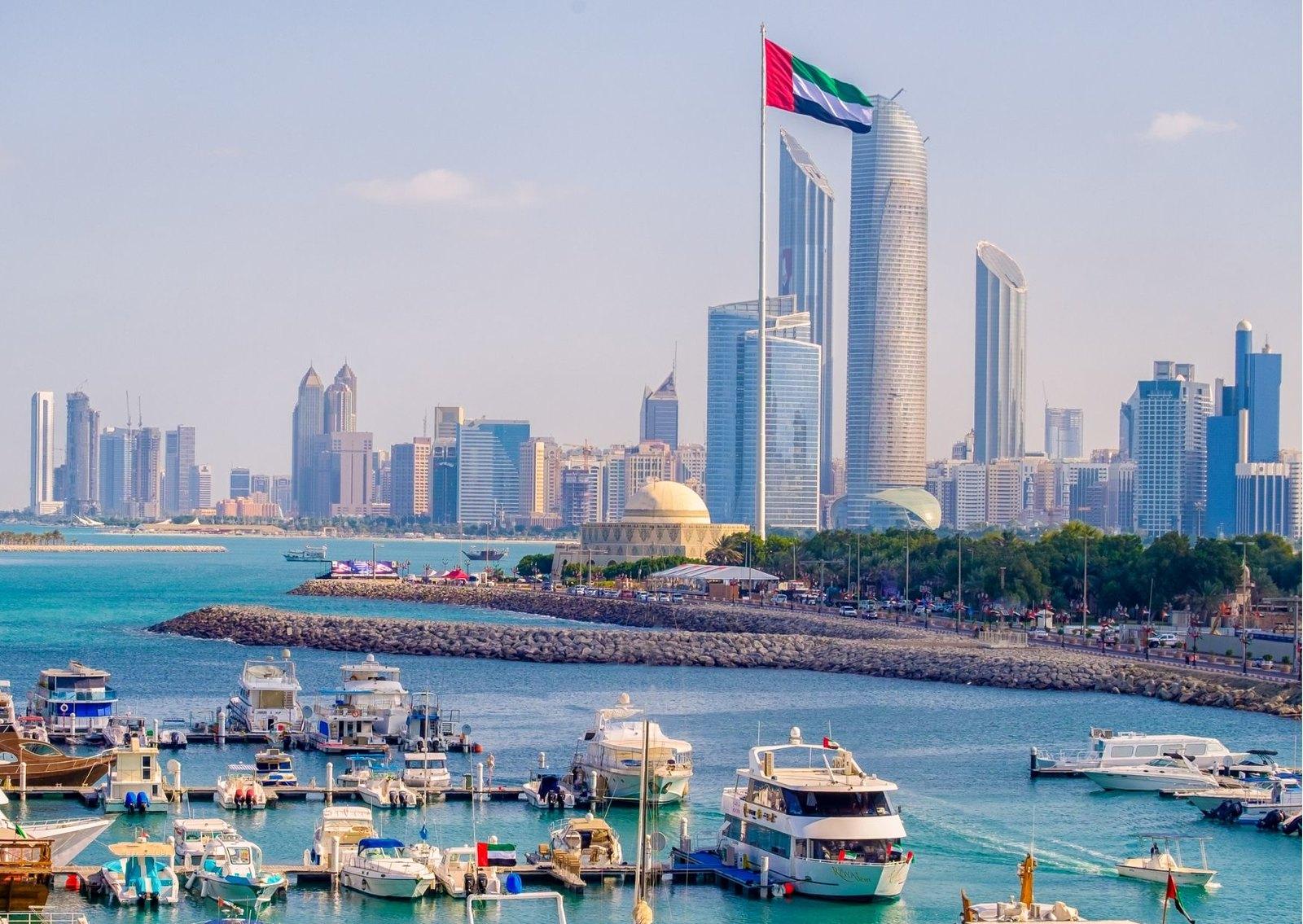
4. "UAE Golden Visa
The 'Golden Visa' is a residence permit designed for investors, highly skilled professionals and talented students. The main conditions for obtaining it are:
- Investment - ownership of assets worth at least AED 2 million (~$545,000), investment in property or business in the UAE;
- Highly qualified - outstanding achievements in science, medicine, arts, innovative technologies;
- Entrepreneurship - ownership of a successful business with proven profitability and importance to the country's economy.
- Outstanding Student Achievement - this category includes winners of international competitions, Olympiads and graduates with high academic achievements.
The 'Golden Visa' has a significant number of advantages - and that's why the vast majority of expats choose it as an alternative to UAE citizenship.
The main benefits of a UAE Golden Visa are:
- Long-term residency for 5 or 10 years with the possibility of renewal;
- The ability to live, work and do business in the UAE;
- Inclusion of family members in the programme;
- Access to the country's banking system and medical care with benefits;
- No sponsorship required.
The 'Golden Visa' can be issued for the purchase of a property for the required investment amount (from 2 million dirhams). In this case, it is necessary to register the transaction with the Land Department, apply for a visa and be vetted by the migration authorities.
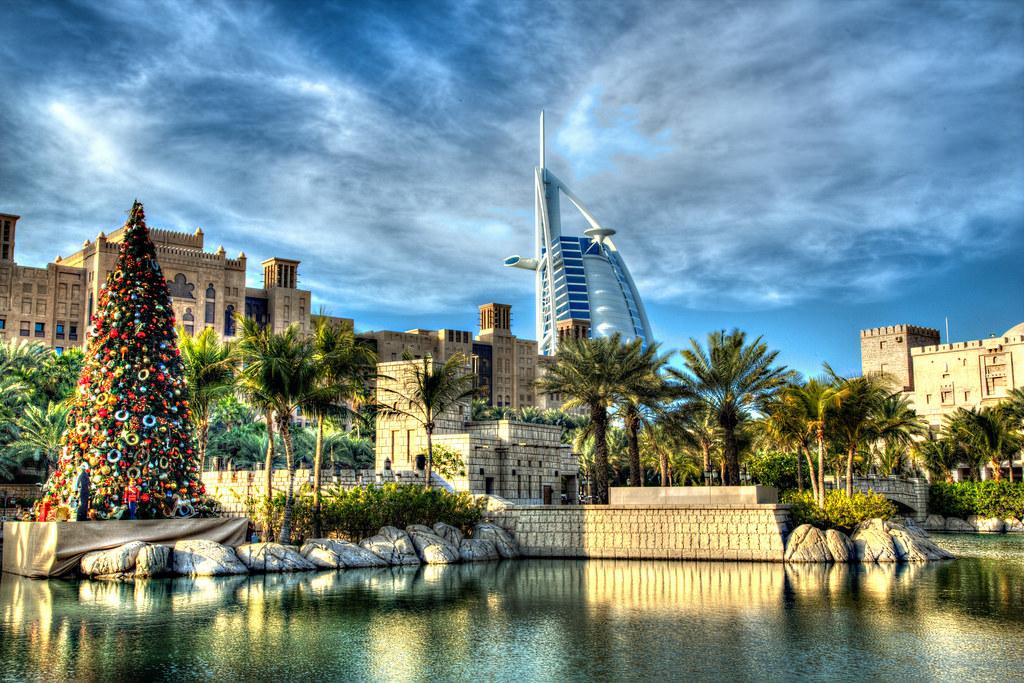
5. "UAE Green Visa
The 'Green Visa' was recently developed for highly skilled professionals, investors, entrepreneurs and freelancers who do not require a sponsor. Unlike the Golden Visa, it is valid for 5 years. The main categories of beneficiaries are
- Freelancers and self-employed professionals - must have proven work experience, approval from the Ministry of Manpower and a stable income ($98,000 per year or monthly income of $4,000 or more for the last 2 years);
- Qualified professionals - must have a high level of education and professional skills (university degree, UAE level certificate) and income (at least $4,000 per month for the last 2 years);
- Investors and entrepreneurs - applicants must provide evidence of successful activity or investment in the country's economy (at least $270,000) and permission to operate from local authorities.
Green visas give the right to bring family members into the country for long periods and provide flexibility in choosing where to work. Green visa holders can also enjoy tax exemptions and other benefits of citizens. Unlike a work visa, a green visa is not tied to an employer, which gives you more freedom to work and change jobs without having to reissue paperwork.
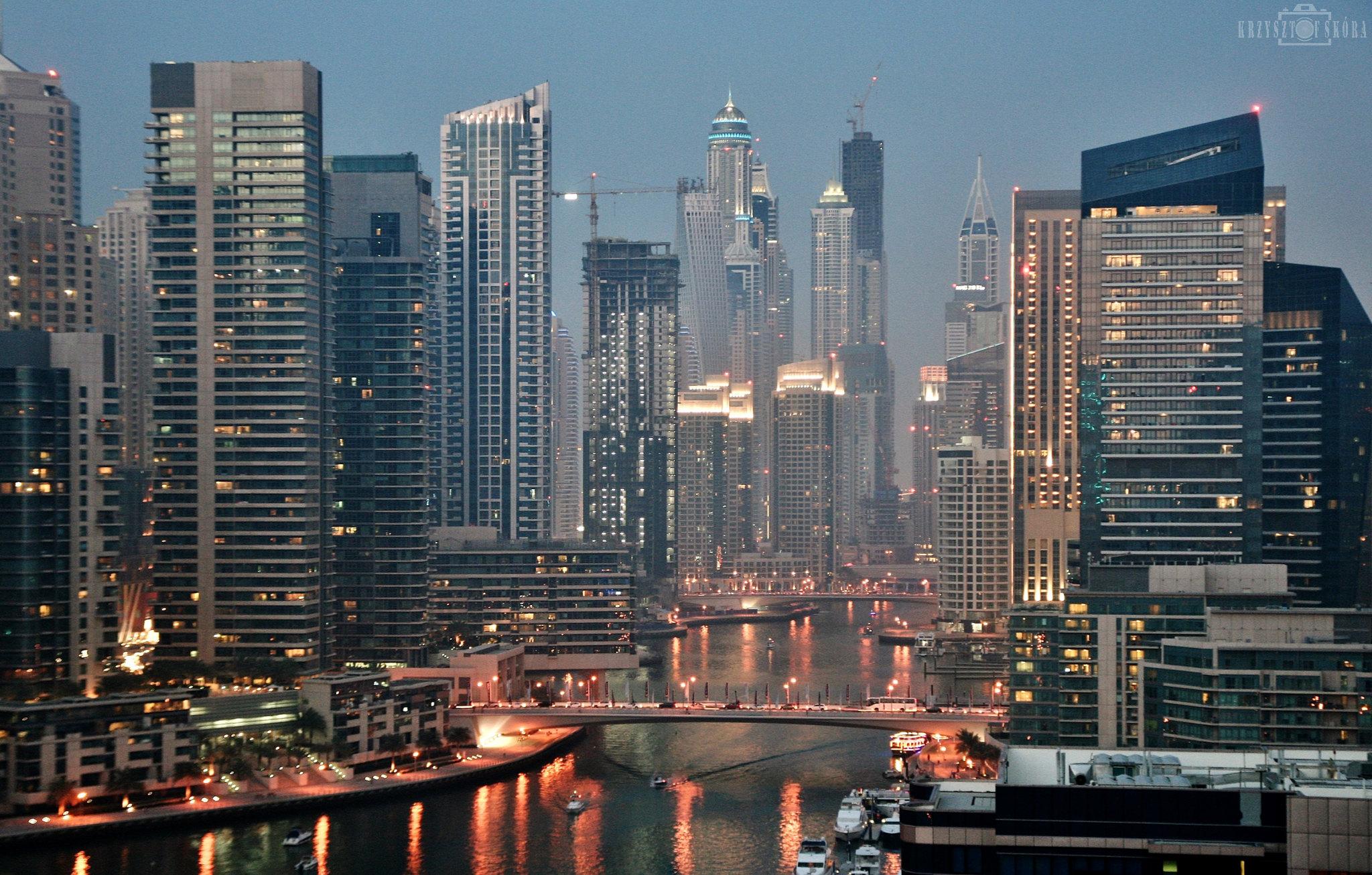
To apply, you will need a passport with sufficient validity, proof of professional qualifications, proof of stable income (for freelancers or professionals) or investment. Freelancers require a licence and investors a business registration. Registration is done through the UAE authorities and takes several weeks.
6. Documents usually required for a UAE Resident Visa
Each type of resident visa requires a different set of documents. However, there are general guidelines for self-preparation. In any case, you will need:
- A valid passport with an expiry date of at least 6 months from the date of application;
- A colour copy of your passport;
- Colour photographs;
- Results of medical examinations (blood tests, etc.);
- Medical insurance;
- Proof of income (bank statements, monthly payment documents, sponsorship letters, etc.);
- Emirates ID application form or Emirates ID itself, if you already have one;
- The documents on the basis of which the visa was issued.
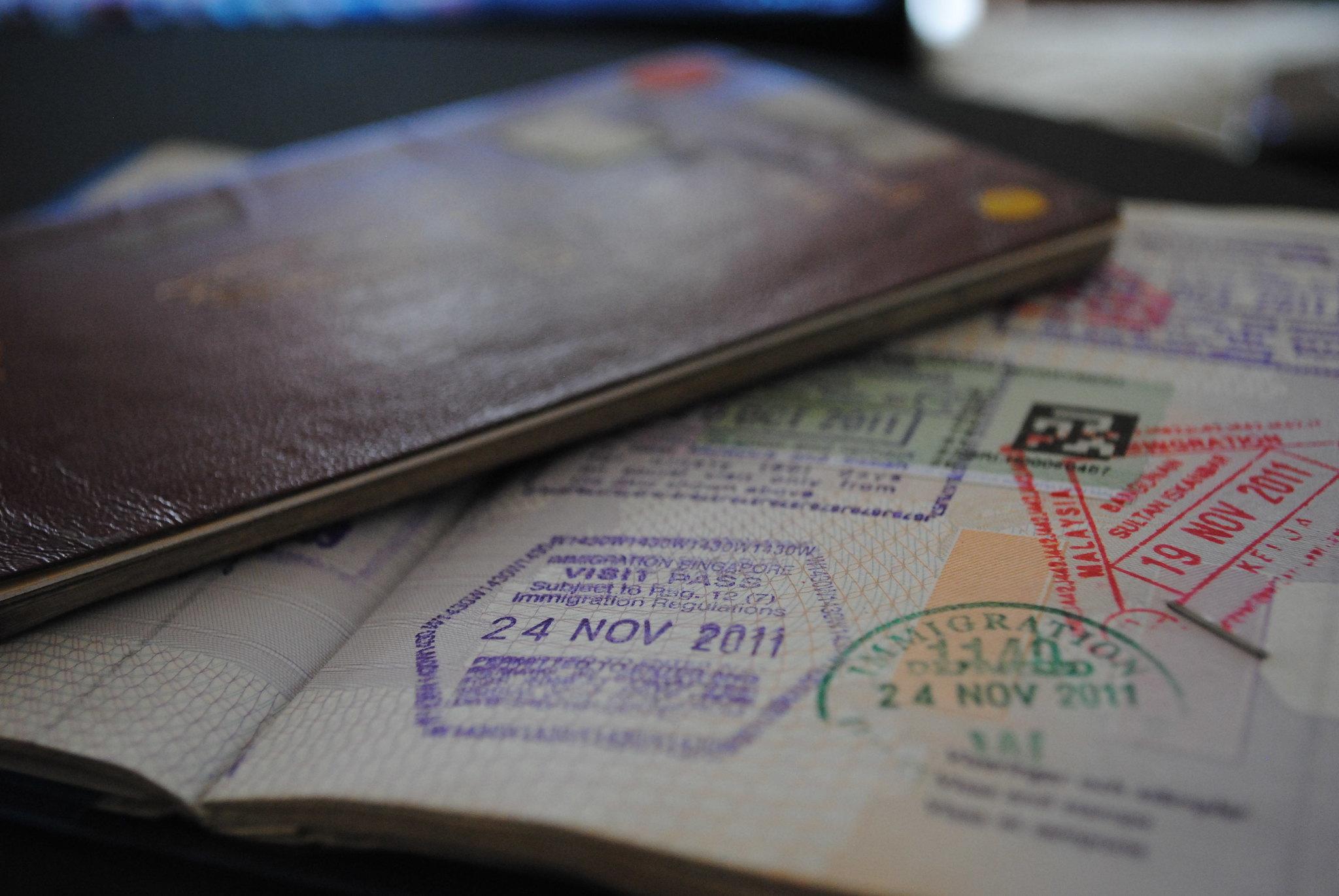
This last item can include a variety of documents, as an example here is the list:
For a work visa - documents relating to education, work experience, employment contract;
for a student visa - confirmation of enrolment in a UAE university and payment of tuition fees;
For businessmen - a business permit from the local authorities;
For property investors - documents confirming the purchase of a property;
for family members of the employee/businessman/investor - certificate of kinship, etc.
Important! All documents that are not in Arabic or English must be translated into English and certified. For example, a diploma from a Russian university and other similar documents.
7. UAE Citizenship
The UAE has traditionally had a strict policy on granting citizenship to foreigners. However, in recent years the government has introduced changes that allow certain categories of expatriates to apply for expedited naturalisation. The selection process remains highly selective and the requirements for candidates are quite high, so there are few cases of naturalisation for special merit.
The UAE is interested in attracting highly skilled professionals to work in strategically important industries.
Citizenship can be obtained by:
- Scientists with outstanding achievements working in prestigious universities, research centres and laboratories. Candidates should have international publications, patents and significant contributions to the development of their field.
- Medical professionals - surgeons, specialists in oncology, cardiology, virology and experts in medical innovation are particularly sought after.
- Engineers and IT specialists - experts in artificial intelligence, robotics, cyber security, energy and renewables.
- Biotechnologists and ecologists developing cutting-edge solutions in medicine, the environment and food security.
- Winners of international honours, awards and titles for various achievements of interest to the UAE.
- Authors of major cultural projects, exhibitions, works: writers, scriptwriters, artists, architects who have contributed to promoting UAE culture internationally.
- Individuals whose work has been recognised by the UAE Ministry of Culture.
Candidates must have an academic degree (usually a PhD), diplomas and certificates of achievement (and other documents attesting to high achievement), and recommendations from relevant ministries or research institutes. The decision to grant citizenship is made by the country's leadership.
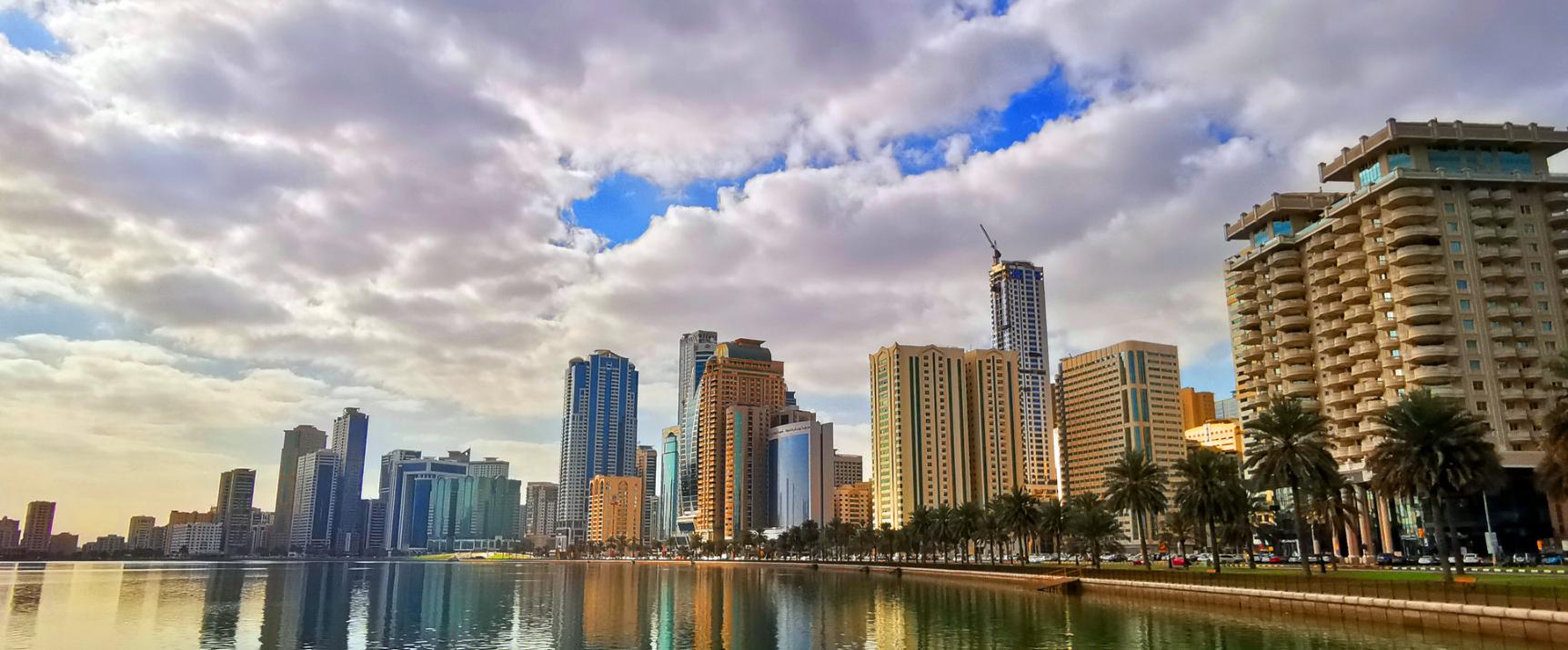
It should be noted that obtaining a UAE passport involves a number of peculiarities:
- Renunciation of previous citizenship - in most cases, the UAE does not recognise dual citizenship, except in isolated cases where the President of the country allows the second passport to be retained;
- Citizen obligations - UAE passport holders may be called up for military service if they fall within the relevant age categories;
- Privileges - UAE citizens are entitled to social benefits including financial support, free medical care, education and the right to participate in public service;
- Respect for traditions - the Emirates have their own cultural norms, which may be very different from the customs familiar to Europeans, and these must be strictly observed.
Citizenship can be acquired by a woman who has married an Emirati citizen. If children are born to such a marriage, she can obtain a UAE passport after 7 years, or 10 years if there are no children in the marriage. In the event of divorce or death of her husband, a woman has the right to retain or relinquish her UAE nationality.
UAE citizenship can also be granted by birth, based on strict legislation governing the status of newborns in the country. Unlike countries that practise the principle of 'right of land' (jus soli), the UAE adheres to the principle of 'right of blood' (jus sanguinis), whereby citizenship is passed on through the parents, particularly the father.
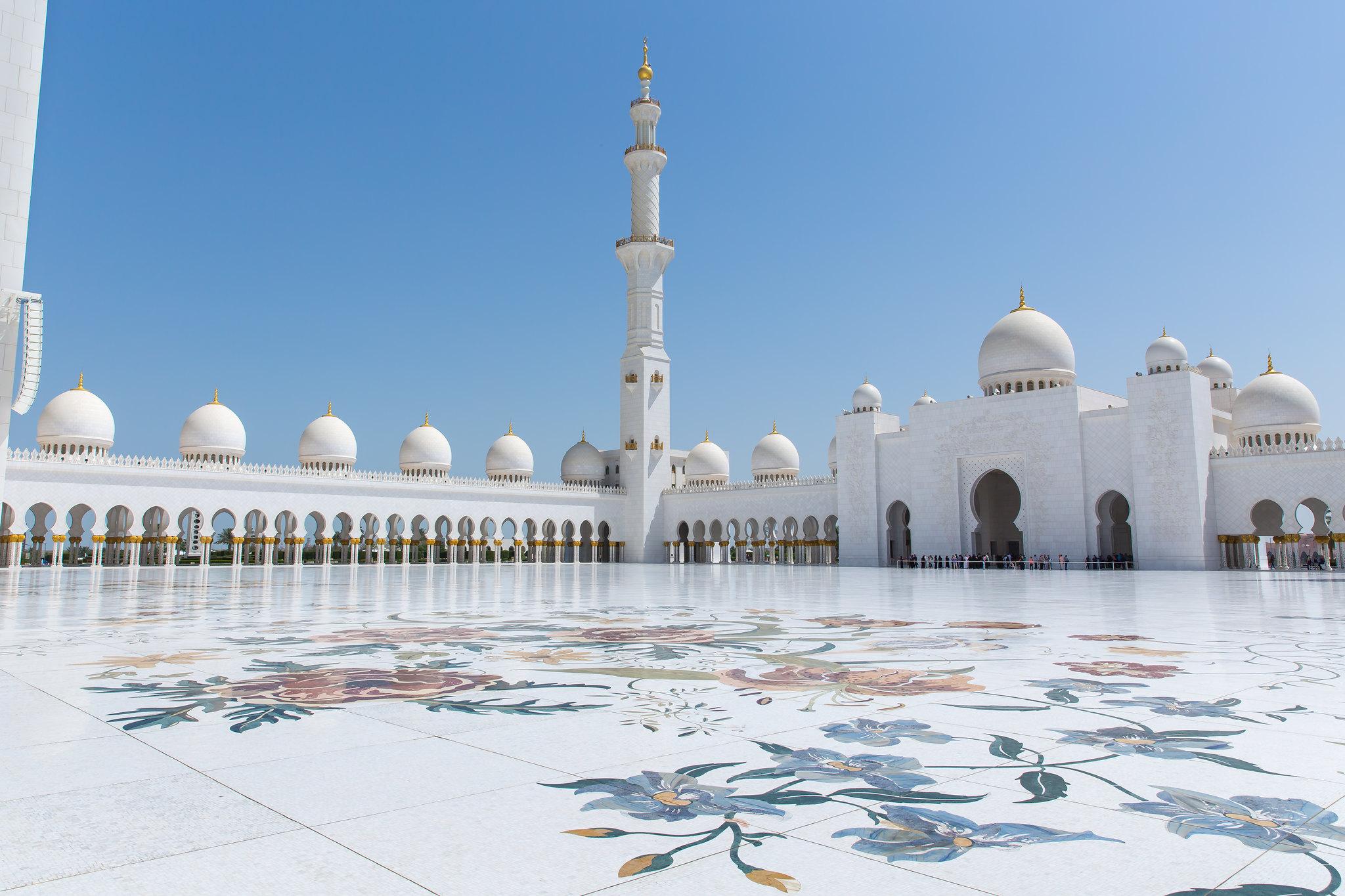
Children born in the UAE are automatically granted citizenship only in the following cases:
- The child's father is a UAE national, regardless of the mother's nationality and the child's place of birth;
- The mother is a UAE national and the father is unknown or stateless;
- The child is found in the UAE and the parents are unknown (in which case the child is considered a citizen by default).
If the child's father is a foreigner but the mother is a UAE national, it is possible to obtain citizenship, but this requires additional scrutiny by the authorities and can take a long time.
In rare cases, the UAE government may grant citizenship to children born in the country even if their parents are expatriates but have made a significant contribution to the development of the country. Such cases are considered on a case-by-case basis and require the personal approval of the emirate's leadership or federal authorities.
Finally, the longest but most reliable route to citizenship is through naturalisation. This requires living in the country for 30 years and passing tests on language, local history and traditions.
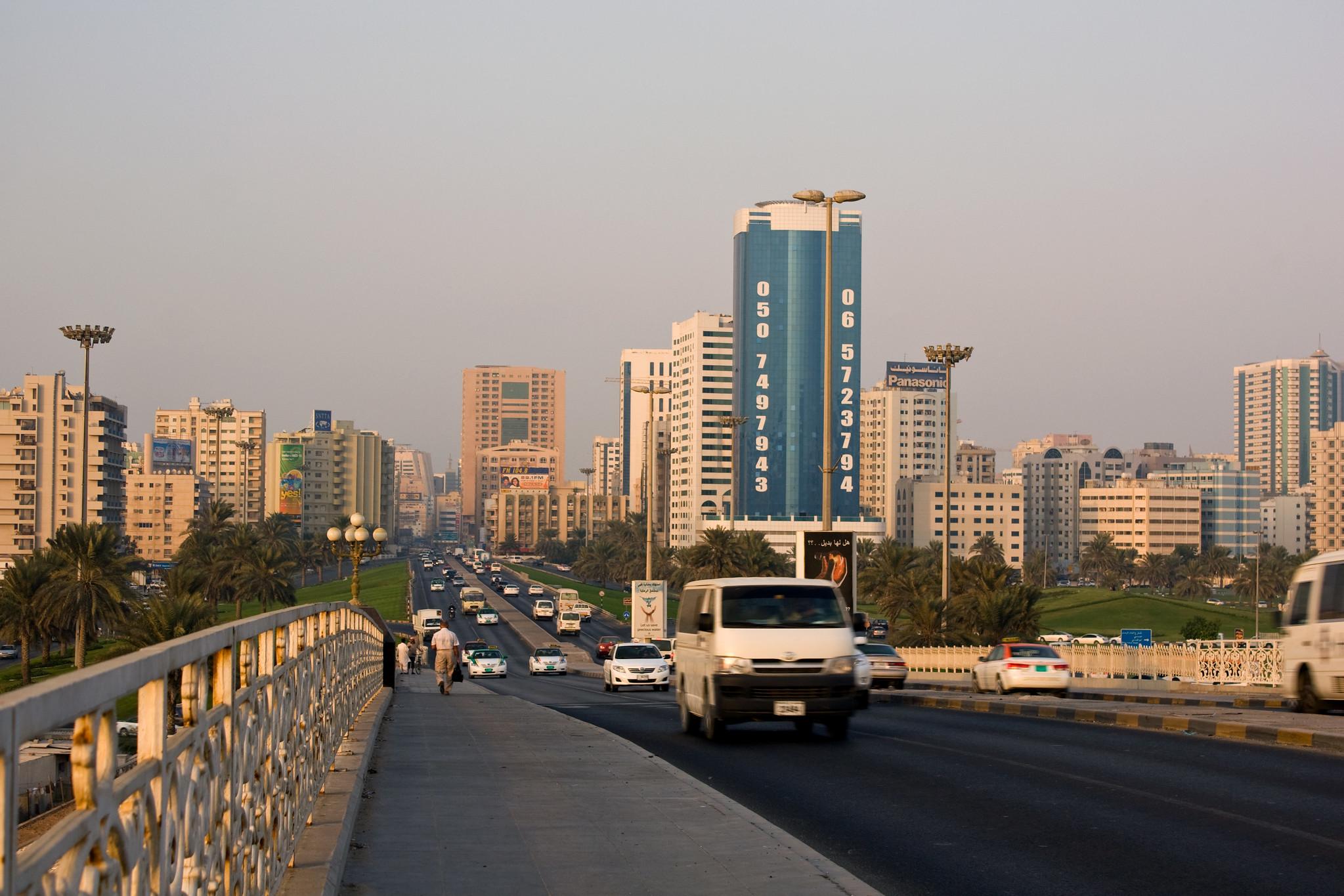
As such, obtaining citizenship of the UAE is a complex and multi-step process that is only available to a limited number of people with outstanding achievements, significant investments or high levels of qualifications. However, for successful businessmen, scientists and professionals, it opens up new prospects for living and working in one of the world's most dynamically developing countries.
The relative ease of obtaining a residency visa makes it the best option for those wishing to spend a certain amount of time in the Emirates. It is also a good option for those who do not need to renounce their current nationality.

